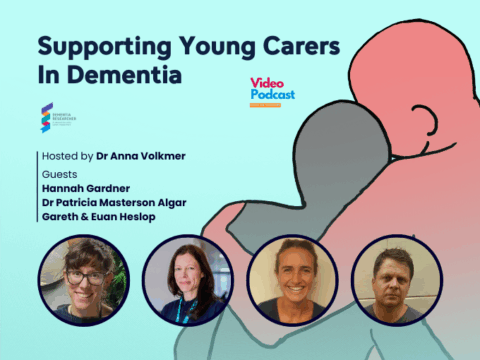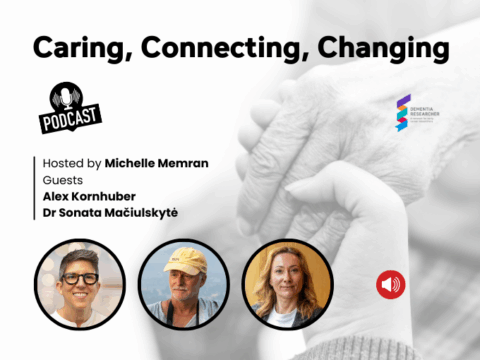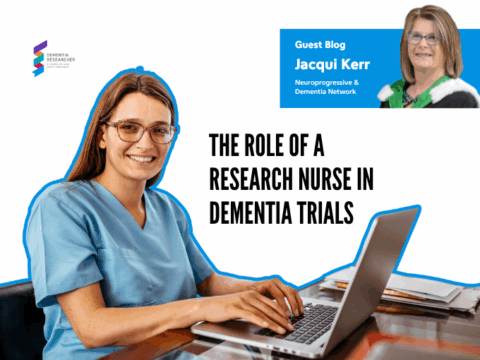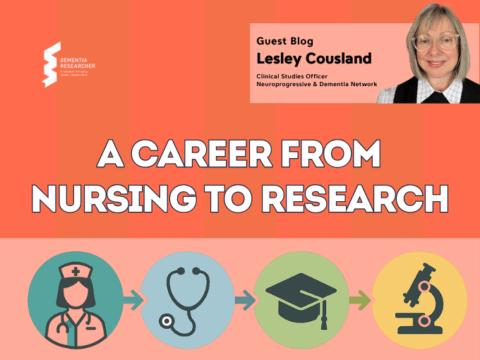
Dr Emily Jones
Name:
Dr Emily Jones nee Oliver
Job Title:
Lead Dementia Nurse
Place of work / study:
Portsmouth Hospitals NHS Trust
Area of research:
Dementia care in acute hospitals
How is your work funded?
NIHR CLAHRC
Tell us about your career path to becoming an early career researcher.
Before undertaking my career path to become and early career researcher, I trained as a Mental Health Nurse. Although I thoroughly enjoyed nursing, I felt that I wanted to overcome some of the challenges experienced in the field, making changes at a more influential level and realised that a career in research would enable me to do that. I started my clinical academic doctorate in 2014 which enabled me to continue to work clinically, whilst also leading on my own research study. This career choice has enabled me to understand the changes and improvements that need to be made at a practice level and find ways to influence this through research.
What does your research focus on?
My research focus is the care of people with dementia in acute hospital settings and my PhD explored how the work system influences nursing staff capacity for high quality relationship centred dementia care. My research is mostly underpinned by qualitative methodology and in particular ethnographic methods.
Do you have any advice for someone looking to embark on a career in dementia research?
My first words of advice is and will always be, DO IT, as I am confident you won’t regret it. Although dementia is thought of as one condition, there are so many areas of research that you can focus on from genetics through to the use of animatronics as therapy. My other piece of advice is find something about dementia that you are passionate about researching, the likelihood is you will be submerged in this for a couple of years – reading about it, writing about it, staying up late in the night thinking about it, so that passion is what will keep you going.
What are the best bits about being an ECR?
For me the best thing about being an Early Career Researcher is the extensive opportunities out there. Working on research studies and undertaking post-graduate degrees allows you to develop so many different skills and work in so many different organisations with a whole variety of people so the opportunities do seem endless. Another part I love about being an ECR and is probably part of the package of the many opportunities is the fact that no two days are the same. One day I’m writing for publications, one day I’m presenting, the next day I’m out in the field – it’s never boring that’s for sure.
What do you see as the main challenges?
Although there is a benefit to having so many opportunities thrown at you, the flip side to that is that you can often find yourself saying yes to too many things and spreading yourself too thinly. As I said, opportunities do arise all the time so be picky with your time and only say yes to things that you are interested in and that will benefit you. There is too little work-life balance in academia and research as it is, so us early career researchers should be setting new precedents.
Tell us a fun fact about yourself:
When I was younger, I appeared in an episode of Basil Brush!
Why did you choose to work in dementia?
My first placement in my undergraduate nursing course was on a small, organic dementia ward and from the first day, I absolutely loved it. I enjoyed building relationships with both the person with dementia and their families and enjoyed the overlap between mental health and general nursing. Despite having six placements in a variety of settings, this was the one that called to me and since then, I have always wanted to work in dementia care.

 Print This Post
Print This Post




